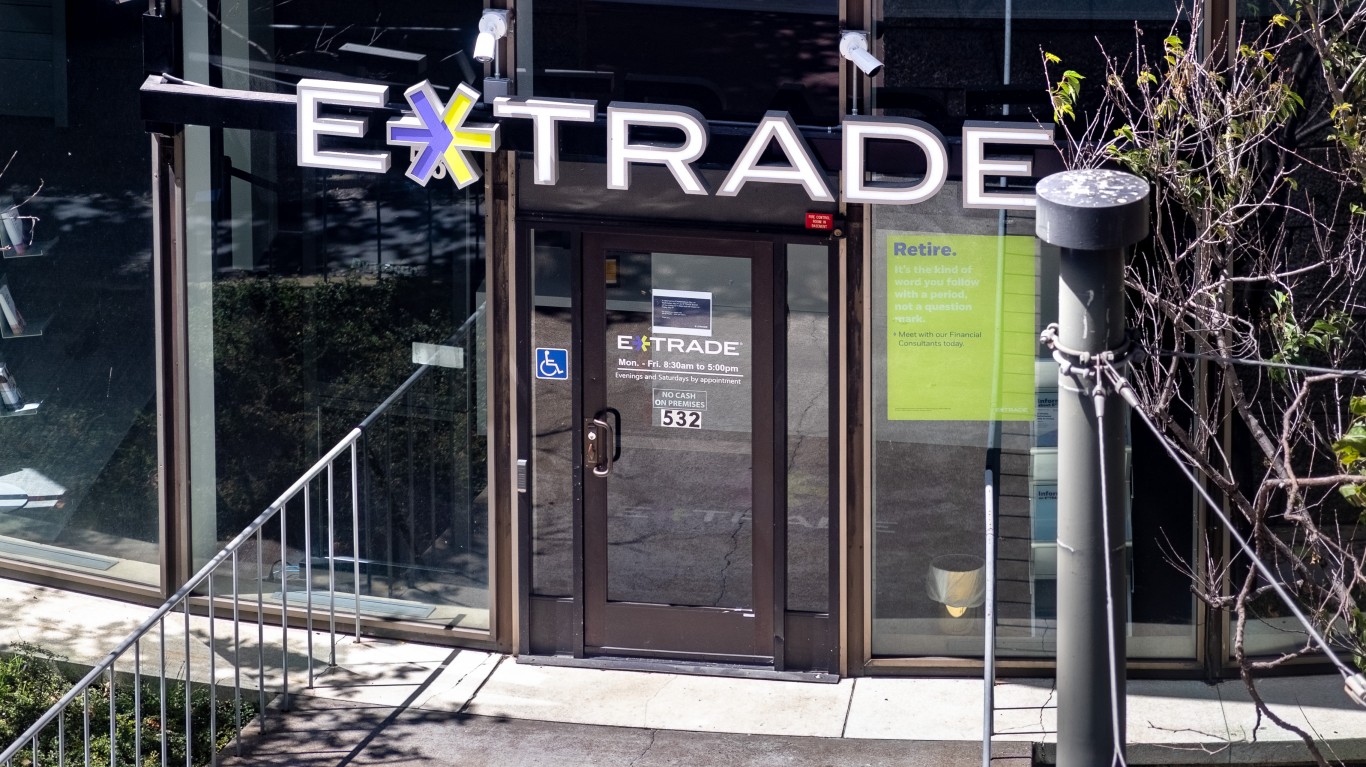

It has been a hard start to 2020 for any businesses and efforts tied to mortgages and housing. With millions of workers suddenly unemployed and with the greatest jobs market turning into the worst due to the COVID-19 pandemic, it’s not just mortgages that are suffering. Many of the renters who are delaying or skipping rent payments have landowners who owe mortgages on those rental properties.
The end result is a situation that sounds as though would be ghastly for mortgage holders like Fannie Mae and Freddie Mac. The Federal National Mortgage Association (FNMA) and the Federal Home Loan Mortgage Corporation (FMCC) are still down more than 50% from their peaks in February. With many mortgages being skipped and still facing windows that may result in mortgage relief (for the borrowers), it would be easy to assume that the future decoupling of Fannie Mae and Freddie Mac might be more complicated than ever. There was even a recent worry that excess leverage could be an understatement in the risk profiles, and that would make both companies fall away from being classified as a value stock or a growth stock.
It turns out that the two government-sponsored entities (GSEs) have announced formal requests for proposal to hire financial advisers to assist them with upcoming capital raises. If these come about, then Fannie Mae and Freddie Mac have given the highest signals possible that, despite the COVID-19 economic crush, the U.S. Federal Housing Finance Agency (FHFA) is still committed to finally releasing them out from under the government conservatorship status and making these entirely private companies.
24/7 Wall St. has tracked one analyst report from Wall Street calling for price targets that imply well over 100% long-term upside in Fannie Mae and in Freddie Mac. It may be a long slow road before this occurs, and there are of course risks that could get in the way. There is also a risk that Fannie and Freddie could still be political punching bags a decade from now.
A looking at the Fannie Mae release about a Request for Proposal shows that Fannie Mae is seeking to hire an underwriting financial advisor that would assist it in developing and implementing a plan “for recapitalizing and responsibly ending its Conservatorship.” Both Fannie Mae and Freddie Mac have announced up to 12 months of mortgage forbearance, which would bring reduced or suspended mortgage payments that would be added on the back-end of mortgages.
It is also up for discussion how Fannie Mae and Freddie Mac would be able to conduct so much mortgage forbearance and lenience if these were independent companies operating without some form of government backing and oversight.
The report comes from Nomura/Instinet, and the firm’s Matthew Howlett is expecting a projected capital raise in mid-2021. Howlett also opined that both Fannie Mae’s and Freddie Mac’s stocks are at substantial discounts to his anticipated financial offering prices. Nomura/Instinet still has Buy ratings on both GSEs, and Howlett expects a period of 120 days to 180 days turnaround on a capital rule before any finalization.
Several issues could come into play. Howlett expects a combination of retained earnings and a $60 billion capital raise that would be made up of new common shares, as well as convertible preferred shares and perpetual preferred shares. He also expects that the U.S. Treasury will convert its warrants into common stock at the (future) offering prices, and expects that junior preferred holders will agree to convert to common stock at the offering prices.
The Nomura/Instinet report does not skip over some great risks, despite having very high expectations to the upside. Howlett said:
The world has changed since the COVID-19 outbreak, and Fannie/Freddie have not been immune to the impact. Over the next 12 months, Fannie/Freddie will likely have to contend with elevated forbearance rates which could reach into the high teens and result in permanent modifications or defaults. We have adjusted our loss projections to include a substantial reserve build, but note we expect the regulatory capital impact to be delayed for two years. In addition, both entities have been issuing debt in preparation for servicing advances and eventual buyouts. Fannie/Freddie could also have to sell larger pieces of their retained portfolios to fund advances/buyouts which would negatively impact earnings. On the positive side, both entities’ roles and importance to the US Mortgage Finance industry have increased substantially.
Nomura/Instinet’s price target for Fannie Mae is $5 and is derived from 6.6 times its normalized 2021 earnings estimate and a 7% yield off of the firm’s projected dividend by the fourth quarter of 2023. Fannie Mae shares were trading up 5% at $1.77 on Tuesday afternoon, with a 52-week trading range of $1.26 to $4.23. Its highest close around the selling wave was $3.62 on February 14.
The firm’s price target for Freddie Mac is $4.50 and it was derived from 6.0 times its normalized 2021 earnings estimate and a 7% yield off of a projected fourth quarter of 2023 dividend. Freddie Mac shares were up over 5% at $1.70, in a 52-week range of $1.20 to $4.04. Its highest closing price around the beginning of the selling pressure was at $3.32 on February 14.
Despite a rocky drop from the February highs, these target prices are more or less the same that were seen back in January.
Remember: no single analyst call should ever be used as the sole basis for making a decision to buy or sell any investment.
Sponsored: Find a Qualified Financial Advisor
Finding a qualified financial advisor doesn’t have to be hard. SmartAsset’s free tool matches you with up to 3 fiduciary financial advisors in your area in 5 minutes. Each advisor has been vetted by SmartAsset and is held to a fiduciary standard to act in your best interests. If you’re ready to be matched with local advisors that can help you achieve your financial goals, get started now.
Thank you for reading! Have some feedback for us?
Contact the 24/7 Wall St. editorial team.



